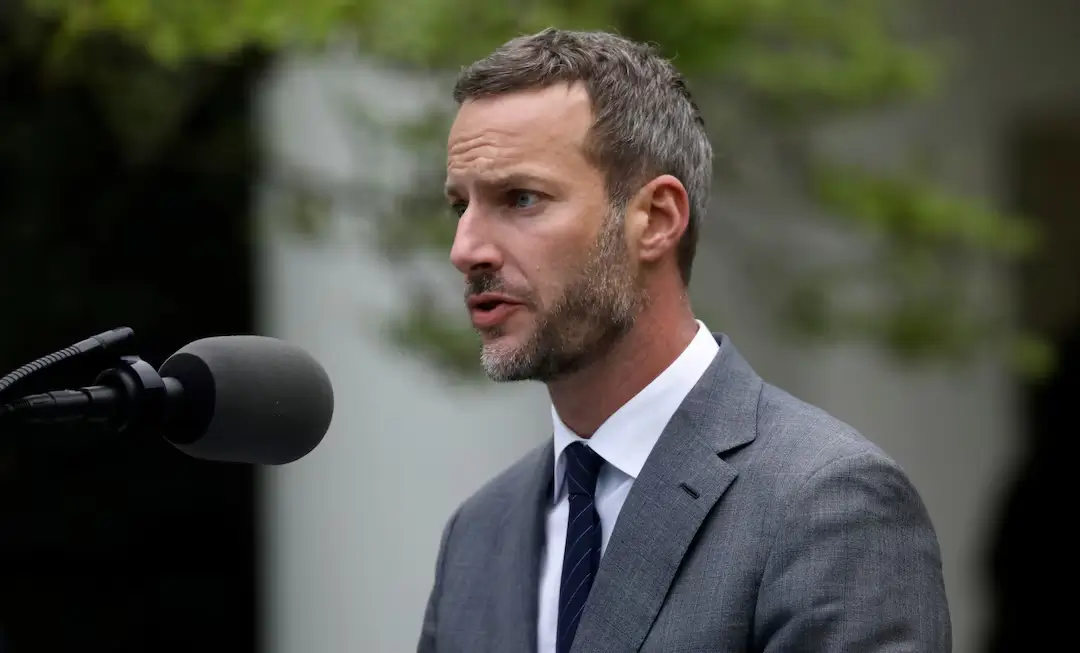In Kabul on September 13, U.S. officials held talks with representatives of the Taliban over the status of Americans believed to be detained in Afghanistan, in what Washington describes as wrongful detentions. The delegation included Adam Boehler, the U.S. special hostage envoy, and Zalmay Khalilzad, the former U.S. special envoy for Afghanistan, who met with the Taliban’s Foreign Minister, Amir Khan Muttaqi.
One of the central cases discussed was that of Mahmood Habibi, a U.S. citizen whom the U.S. government believes is held in Afghanistan; the Taliban, for their part, maintain they have no knowledge of his detention. Washington views Habibi’s unresolved status as a major impediment to expanding diplomatic engagement with Kabul.
Beyond individual cases, the meeting raised broader issues including detainee exchanges, bilateral consular arrangements, and America’s concerns over wrongful detentions abroad. The Taliban side, including Deputy Prime Minister Abdul Ghani Baradar, also used the platform to appeal for U.S. investment and easing of sanctions, arguing that economic engagement and reconstruction are essential for stability.
Afghan authorities issued a statement through the Taliban-controlled foreign ministry emphasizing that both parties committed to continuing talks “on current and future issues,” especially concerning citizens imprisoned in each other’s countries. As of now, no public agreement was reached, and many details remain unresolved, including independent confirmation of detainee locations and legal status.
The talks are part of a wider U.S. effort under President Donald Trump to make securing the release of Americans detained overseas a priority. He has issued an executive order that would enable sanctions on countries found to be wrongfully detaining U.S. citizens.





